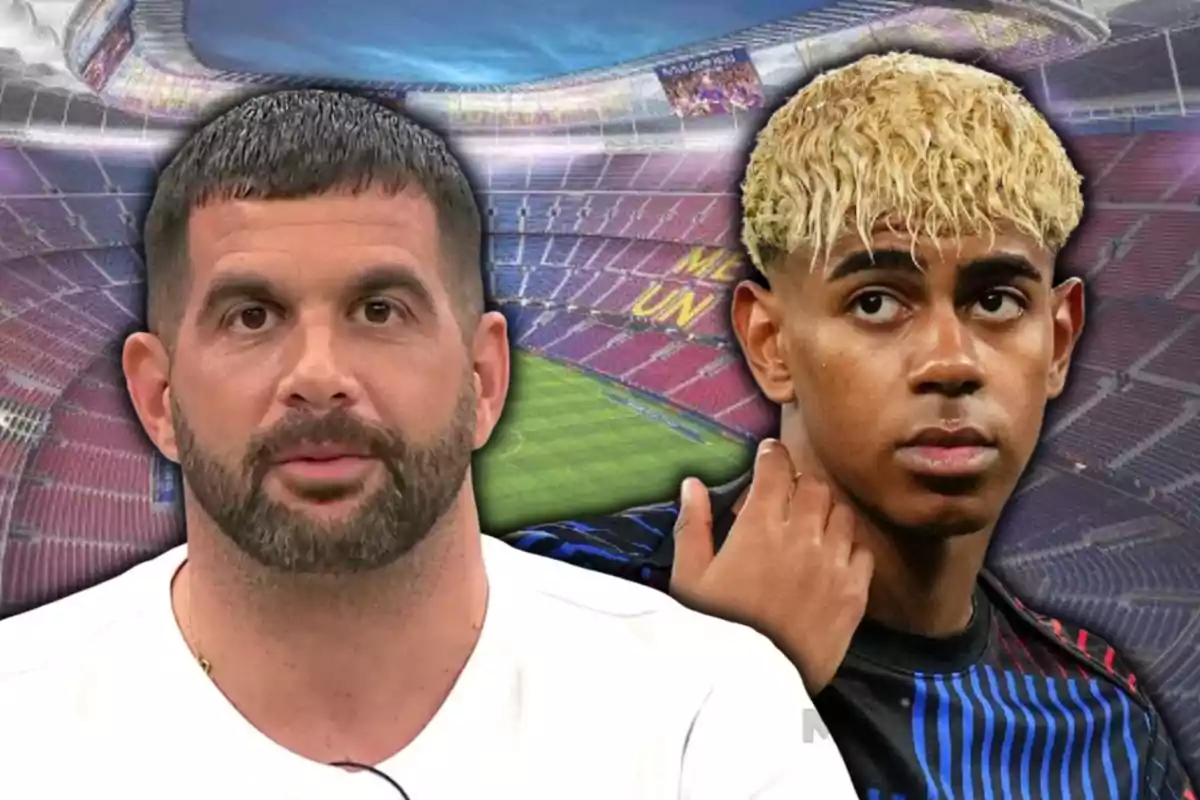The soccer conversation started heating up again on social media with an exchange that reflects old obsessions. The clash of opinions came after a long string of messages about the same target. It wasn't just any exchange, but a repeated symptom in Spanish media rivalry, almost always Barça-Madrid.
Seven consecutive posts and a blunt response: "acute Barcelonitis"
A Madridist panelist posted seven consecutive messages about Barça, four of them focused on a brilliant young player. The author was Juanma Rodríguez, and the ironic reply came from José Álvarez, both from sports television. His message included the expression "acute Barcelonitis" and a forceful take on the strictly sporting battle.
He also reproached the fact that several recent messages repeatedly targeted the same footballer, Lamine Yamal, fueling a well-known controversy. In the screenshot of the thread, you can see the count and the ironic ending. The message added that, on the field, the dispute is currently unbalanced for some.
How the episode fits into Lamine Yamal's competitive growth
The winger is experiencing a peak in projection and is influencing matches with an unusual maturity. His development since 2024 has fueled praise from national analysts, highlighting his dribbling, passing, and constant ability to unbalance. That performance explains why any criticism gets amplified, especially when it comes from controversial media figures.

The discussion, therefore, goes beyond a mere squabble and exposes the tension surrounding the most precocious Spanish talent. After turning eighteen, his competitive weight keeps growing steadily in both club and national team. He appears on the wing and in the middle, delivers the final pass, and keeps advantages by winning duels. He showed up again against Levante when he was needed most, sending in a cross that ended in a goal.
Immediate background: comparisons and messages that fueled the controversy
The same commentator recently compared the young player to Robinho, an analogy that sparked heated reactions. That warning was intended to temper the euphoria, although it ended up amplifying the debate about expectations and maturity.
Several outlets picked up those opinions, which now provide context for the reply that has gone viral. The pattern, according to those reports, shows thematic insistence and a repeated focus on the homegrown Barça player. Those references add to television appearances with jokes and gestures directed at the young player.

Keys to the exchange and editorial reading of a rivalry that never rests
Álvarez emphasizes that obsessive criticism appears when football arguments are lacking, a classic thesis in rivalries. The concept suggests the rival's discourse is wearing thin, and calls for letting the field do the talking with patience. For the Barça environment, the label sums up a feeling: less noise and more verifiable performances.
For the neutral viewer, the episode serves as a barometer of the mood in the soccer conversation. Balance requires separating football criticism from personal targeting, something that's increasingly difficult. Responsible conversation should focus on observable data, competitive rhythms, and coaches' decisions.

